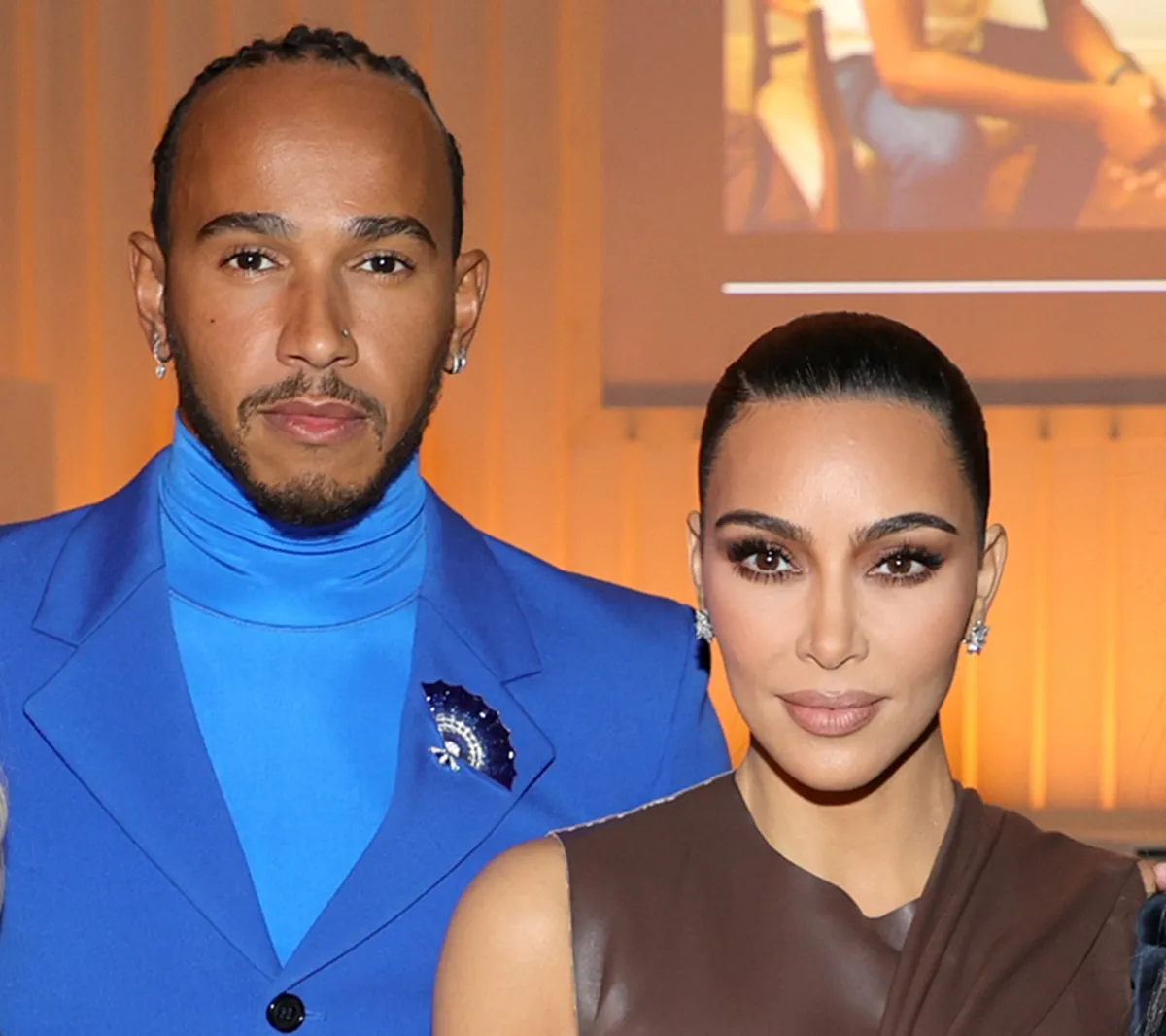‘Shark Tank’: Almost Half of the Contestants Say Their On-Air Deal Broke Down After the Cameras Shut Off
Each year many aspiring entrepreneurs hope to find success by making a pitch on Shark Tank. Since the show’s premiere in 2009, it has become a widely popular TV show that showcases startups and growing businesses hoping to score a deal with one of the well-known investors.
Business enthusiasts and fellow entrepreneurs tune in to watch as contestants pitch their business or product ideas to the panel of successful investors, including Kevin O’Leary, Lori Greiner, Mark Cuban, and others.

While not every entrepreneur entering the tank is guaranteed a deal, it is an exciting opportunity for spreading the word about their business or products.
Even those contestants who make an on-air deal with one or multiple sharks do not always go through with it once the cameras shut off. Deal or no deal, contestants feel making it on Shark Tank is great for business.
How ‘Shark Tank’ chooses contestants
Shark Tank is a TV show where contestants pitch their business and products to a panel of successful investors, referred to as “sharks.” While not every contestant receives an offer from the sharks or makes a deal on the show, the process for making the on-air segment is a process in itself for the business owners.
First, one must apply to Shark Tank, or the producers may invite them based on young companies featured at trade shows or crowdfunding sites. Then, aspiring entrepreneurs must pitch to members of the production crew at open casting calls throughout the United States.
The producers keep a list of their favorites and narrow it to the final list of contestants to appear on the set for each season. Once the contestants make it to pitch in front of the sharks, the magic begins.
While a typical pitch lasts one hour, viewers only see about 10 minutes on-air with an overview of how the deal went down between the young businesses and the sharks. Whether they strike a deal or not, the investors often give wise advice to help young companies push forward and become successful.
Why half of the on-air deals don’t work after the cameras shut off
While at home viewers see the handshake or hug from a shark as a sealed deal between the investor and the entrepreneur, it is not always the case. Once the episode’s filming is complete, the sharks consult with their teams and do due diligence to ensure all the entrepreneurs’ claims are true and that it’s a win-win for both parties.
There are some situations where the contestants have a change of heart about moving forward with closing the deal. According to Business Insider, the founders of EvREwares were one of the entrepreneurs who declined Mark Cuban’s offer of buying 100% of their company after initially agreeing to it on camera.
Daymond John also shared with Business Insider that the closing percentage of deals made on-air have been increasing with each season, crediting it to “the steady rise in the caliber of entrepreneurs who appear on the show.”
While some contestants may have a change of heart about closing the deal, other on-air deals fall through afterward because of the renegotiation of terms or the show deciding against pursuing the product.
According to Market Realist, the soap company You Smell ended up rejecting its shark’s offer after the deal was tweaked once the cameras shut off.
Deal or No Deal: Benefits of going on ‘Shark Tank’
Whether contestants receive an offer and close the deal with their shark or not, many previous contestants of Shark Tank agree that it’s still worth it to go on the show with your product or startup business. Entrepreneurs making it to the on-air show is an opportunity to introduce their business to millions of viewers with a 10-minute pitch.
This amount of free publicity may attract other investors outside of Shark Tank if a favorable deal is not finalized on the show.


